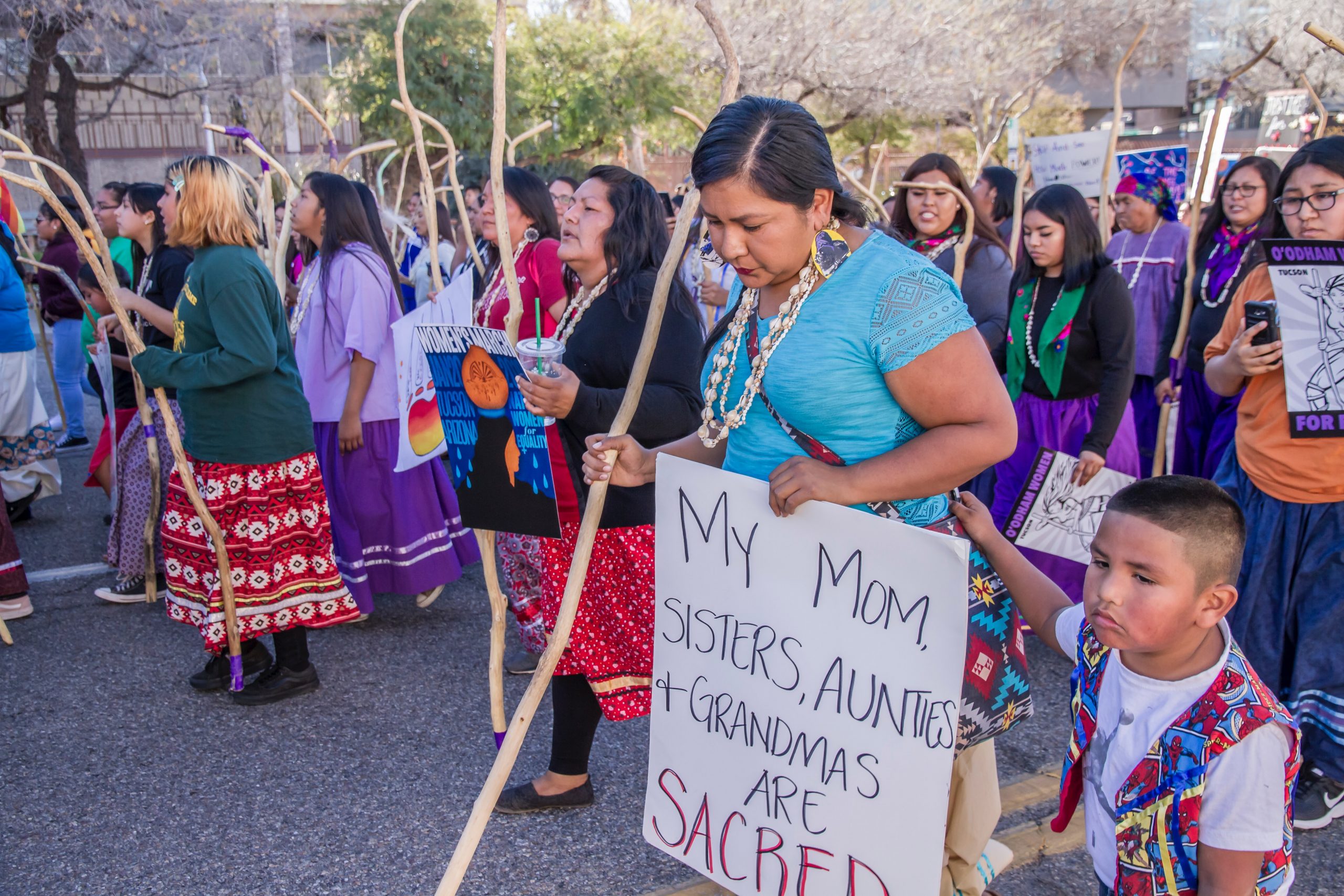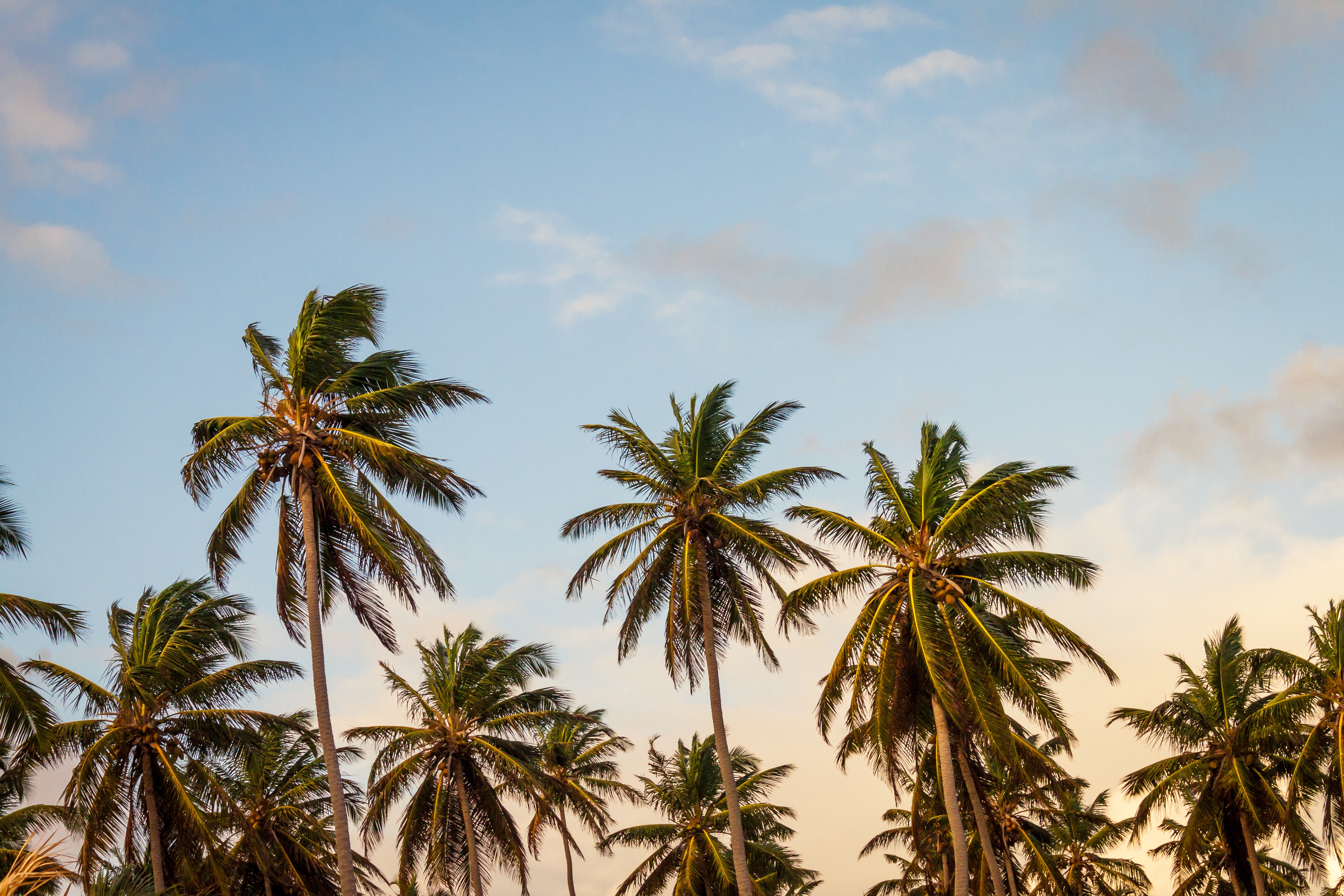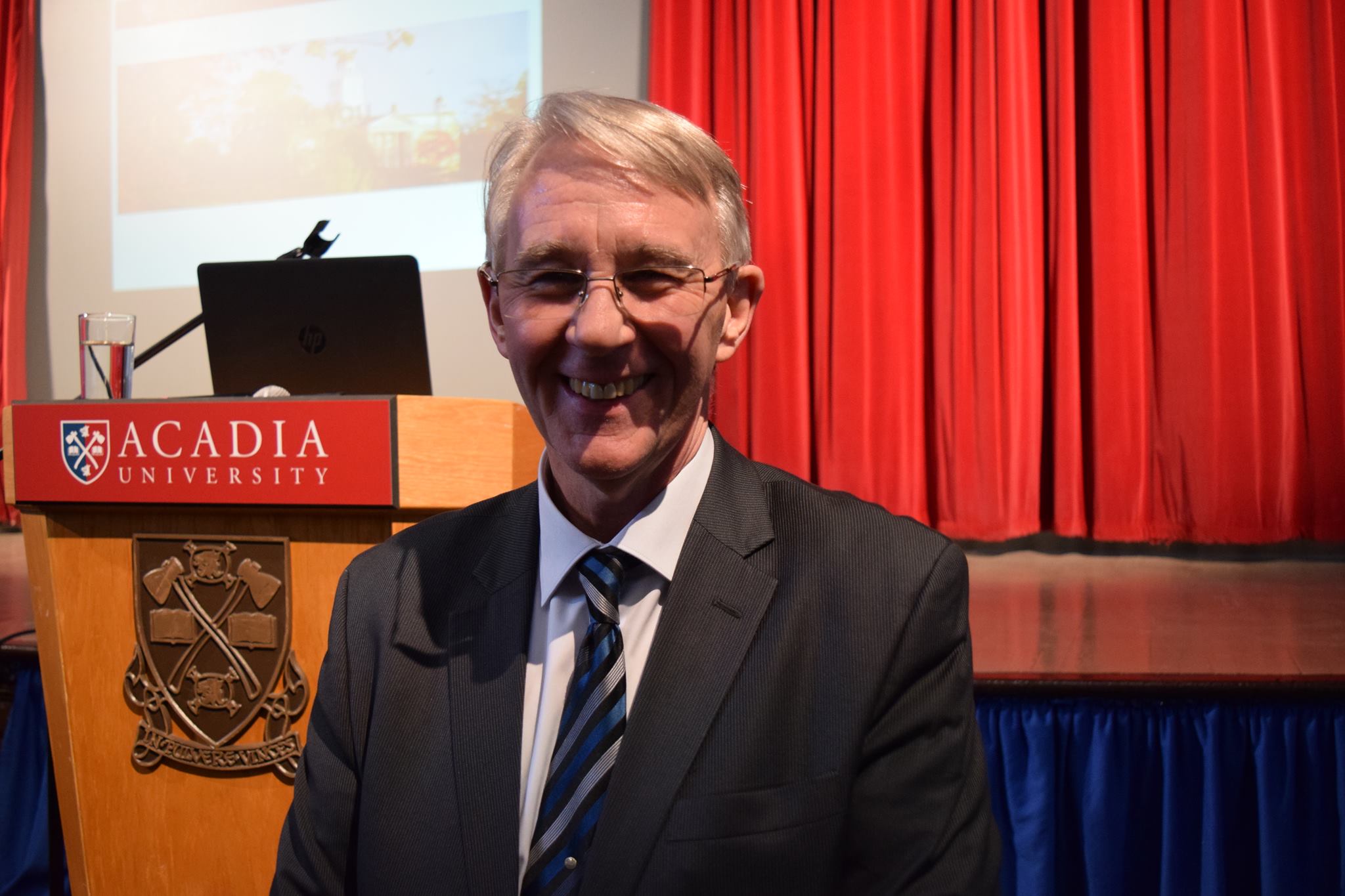The Government of Canada launched a National Inquiry into Missing and Murdered Indigenous Women and Girls (MMIWG) which began its mandate on September 1, 2016. The inquiry was launched after numerous reports were released identifying a total of 1,181 missing and murdered Indigenous women and girls between the years 1980 and 2012. The Royal Canadian Mounted Police’s (RCMP) report released in 2014 surrounding the number of missing and murdered Indigenous women and girls from those thirty-two years estimates that about three women and girls went missing per month.
Indigenous women only make up 4% of Canada’s population and yet 16% of all murdered women from 1980 – 2012 in Canada were Indigenous. These statistics were a clear wake-up call for many Canadians, resulting in the launching of the 2016 National Inquiry.
The inquiry was supposed to investigate the root causes of the MMIWG issue at hand. On June 3, 2019, the National Inquiry on MMIWG released its final report to the public. Some of the information released by the Government of Canada in this report was truly heartbreaking.
Around 1,500 witnesses were interviewed during the three-year inquiry leading to the government concluding that “Thousands of women’s deaths or disappearances have likely gone unrecorded over the decades”.
The report goes on to discuss how the Canadian legal system repeatedly fails to hold the state and its actors accountable when they do not manage to meet human rights and Indigenous rights obligations. Many Indigenous women and girls have been displaced from their traditional roles, violating their political rights due to “concerted efforts to destroy and replace Indigenous governance systems with colonial and patriarchal governance models, such as the Indian Act”. The Government of Canada calls for an “absolute paradigm shift” if colonialism is to be dismantled. It is clear in the report that instances of racism, misogyny and colonialism are still prevalent in society today.
With the National Inquiry and the more liberal societal views of citizens today, most could assume that things have gone better for Indigenous women and girls in Canada since 2016; sadly, violence against Indigenous women has continued in unabated fashion.
Between 2016 and 2019 there were reportedly more than 130 Indigenous women reported as murdered or having a suspicious death. This is close to four deaths per month involving Indigenous women and these numbers do not begin to include the many women and now children of all genders missing.
There are some serious factors that attribute to the disadvantages Indigenous women and children are forced to endure. Many Indigenous communities in northern Ontario lack the essentials needed to educate their children. Once the Indigenous children in these communities reach grade eight or nine they are forced to go hours from their homes in order to get an education at the Dennis Franklin Cromarty High School in Thunder Bay, Ontario. Far from their parents, these children are forced to face the systemic racism prevalent in the Thunder Bay area on their own.
In December 2018, the Office of the Independent Police Review Director launched a review into the Thunder Bay Police Service (TBPS) after receiving many complaints about the Police Service’s negligence surrounding children going missing or being found dead in the area. The review found racism at an “institutional level” within the Police Service.
Three in every ten hate crimes committed against the Indigenous people in Canada happen in Thunder Bay with many of the hate crimes in Thunder Bay coming at the hands of their own police service.
“There is a widespread perception [among Indigenous and other Thunder Bay citizens] that TBPS officers engage in discriminatory conduct, be it conscious or unconscious, ranging from serious assaults and racial profiling”, the review described.
Thunder Bay Police Chief Sylvie Hauth announced to the public following this review that she has requested funding in order to place tags on officers so they can be identified by citizens and for there to be cameras put of vehicles and officers in order to provide video recordings of their interactions.
Indigenous people and students in the Thunder Bay area simply do not trust the TBPS because of the numerous past horror stories. With more children being found dead or missing every month, Indigenous parents are faced with a terrible choice: give your child an education with the possibility of them ending up a victim or keep them safe at home though uneducated and unprepared.
While many people in Canada are often accepting individuals regardless of race or ethnicity, there are still unfortunately many people who are not as accepting. Indigenous people have been systemically treated unfairly in the past and it has not been put to a stop. As citizens of Canada we must do more than just accept Indigenous people, we must educate ourselves and show that we support Indigenous people as well.
We must share the atrocities Indigenous women and children are forced to face and the heartbreaking statistics in order to educate those around us. Author Tanya Talaga has a beautiful book to help educate those interested. It deals with personal stories and realities of the children in the Thunder Bay area titled, Seven Fallen Feathers: Racism, Death and Hard Truths in a Northern City.
With many women and children still missing and murders unsolved, there is a clear problem at hand; however, with time and effort Canadians can begin to make progress towards a better future for Indigenous Peoples.
Note: This article was produced for our Black and Indigenous print edition from March 2020. The edition was postponed due to COVID-19 and is just being released now.





